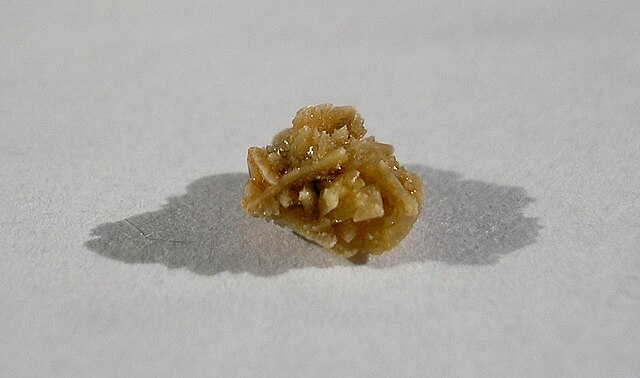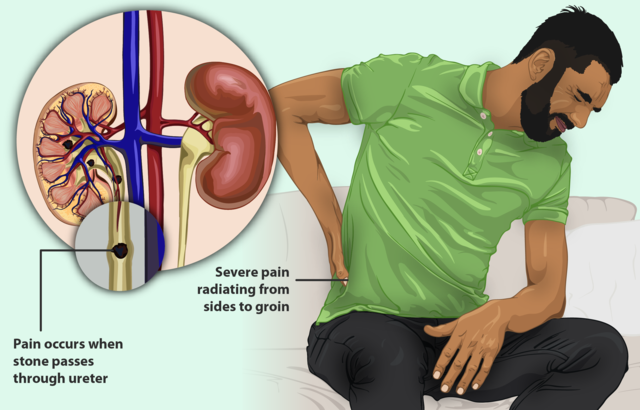What are the best methods of treating kidney stones? Kidney stones are hard deposits of minerals and salts that form inside your kidneys. They can cause severe pain and other complications if not treated properly. Understanding the causes, symptoms, and treatment options for kidney stones is crucial for managing this condition effectively.

What Are Kidney Stones?
Kidney stones, also known as renal calculi, are solid masses made up of crystals. They usually originate in the kidneys but can develop anywhere along your urinary tract. Kidney stones vary in size and shape and are composed of different substances such as calcium, oxalate, uric acid, and cystine.
Causes of Kidney Stones
Kidney stones form when your urine contains more crystal-forming substances than the fluid in your urine can dilute. Several factors can increase your risk of developing kidney stones:
- Dehydration: Not drinking enough water can cause your urine to become more concentrated, leading to the formation of stones.
- Diet: A diet high in protein, sodium, and sugar can increase your risk of some types of kidney stones.
- Medical Conditions: Conditions such as hyperparathyroidism, gout, and certain urinary tract infections can contribute to stone formation.
- Family History: If someone in your family has had kidney stones, you are more likely to develop them.
For more information, visit the National Institute of Diabetes and Digestive and Kidney Diseases (NIDDK).
Symptoms of Kidney Stones
Kidney stones may not cause symptoms until they move around within your kidney or pass into your ureter. When symptoms become noticeable, they can include:
- Severe pain in the side and back, below the ribs
- Pain that radiates to the lower abdomen and groin
- Pain during urination
- Pink, red, or brown urine
- Nausea and vomiting
- Persistent need to urinate
- Urinating more often than usual

Treatment Options for Kidney Stones
The treatment for kidney stones depends on the size and type of the stone, its cause, and the severity of symptoms.
Small Stones with Minimal Symptoms
Most small kidney stones won’t require invasive treatment. You may be able to pass a small stone by:
- Drinking Water: Drinking 2 to 3 quarts a day can help flush out the urinary system.
- Pain Relievers: Over-the-counter pain relievers like ibuprofen, acetaminophen, or naproxen can help manage discomfort.
- Medical Therapy: Your doctor may prescribe medications called alpha blockers, which relax the muscles in your ureter and help pass the stone more quickly and with less pain.
For more information, visit Cleveland Clinic.
Large Stones and Stones Causing Symptoms
More invasive treatments may be necessary for larger stones or those causing significant symptoms:
- Extracorporeal Shock Wave Lithotripsy (ESWL): This procedure uses sound waves to create strong vibrations (shock waves) that break the stones into tiny pieces that can be passed in your urine.
- Ureteroscopy: A thin, flexible tube with a light and camera (ureteroscope) is inserted through the urethra and bladder to remove the stone or break it up with a laser.
- Percutaneous Nephrolithotomy: This surgical procedure involves removing the stone through a small incision in your back.
For more details on treatment options, visit Johns Hopkins Medicine.
Understanding and Treating Kidney Stones: Conclusion
Kidney stones can be extremely painful and disruptive, but with proper understanding and treatment, they can be managed effectively. Staying hydrated, maintaining a balanced diet, and being aware of the symptoms can help prevent kidney stones or detect them early.
For comprehensive care and advanced treatment options, consult with Dr. Yaniv Larish at Fifth Avenue Urology. Dr. Larish provides personalized care to help patients manage and treat kidney stones effectively.
Dr. Yaniv Larish
4 East 76th Street
New York, NY 10021
212-675-3186
